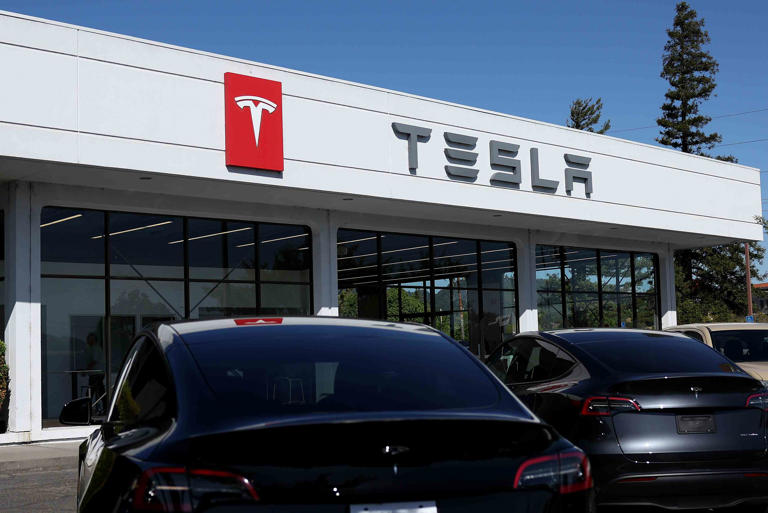Elon Musk, the visionary CEO of Tesla, recently unveiled the company’s ambitious plans for investing in Nvidia hardware to drive its artificial intelligence (AI) initiatives in 2024. Musk’s revelation, estimating Tesla’s expenditure to be between $3 billion and $4 billion, underscores the company’s deep commitment to leveraging cutting-edge technology to propel its innovative projects forward. This significant investment earmarked for Nvidia hardware sheds light on Tesla’s strategic focus on AI, particularly in the realm of autonomous driving technology and other AI-driven ventures.
Musk provided insights into the allocation of these funds, indicating that a substantial portion of Tesla’s AI-related expenditures for the year, approximately $10 billion in total, will be directed towards internal developments. These internal initiatives encompass a range of endeavors, including investments in Tesla-designed AI inference computers, sophisticated sensors integrated into their vehicles, and the deployment of Dojo, Tesla’s state-of-the-art supercomputer system. However, for the creation of AI training superclusters, Musk disclosed that Nvidia hardware would play a pivotal role, accounting for a significant proportion of the associated costs, approximately two-thirds.
This substantial investment underscores Nvidia’s pivotal role in the AI landscape, positioning the chipmaker as a central player in driving technological innovation and advancement. Nvidia’s remarkable performance in the stock market, more than doubling since the beginning of 2024, reflects investors’ confidence in the company’s ability to capitalize on the burgeoning AI market. As one of the top three U.S. companies by market capitalization, alongside tech behemoths Microsoft and Apple, Nvidia has solidified its position as a key player in the technology sector.
Analysts at Bank of America have projected that Nvidia could capture over 75% of the $90 billion AI accelerator market, indicating the company’s dominant position and strong growth prospects in this rapidly expanding segment. While competitors such as Advanced Micro Devices (AMD) and Intel (INTC) vie for market share, Nvidia’s technological prowess and strategic initiatives have positioned it as a frontrunner in driving AI innovation.
Nvidia’s recent announcement of its next-generation AI system, Rubin, slated for release in 2026, underscores the company’s relentless pursuit of innovation and technological advancement. Building upon the success of its previous projects, including the highly acclaimed Blackwell system, Nvidia continues to push the boundaries of AI capabilities, driving progress and shaping the future of technology.
In a surprising turn of events, Musk reportedly redirected Nvidia chips originally intended for Tesla to his other ventures, including X and xAI, as reported by CNBC. This decision, confirmed by Musk himself, has sparked discussions regarding resource allocation and strategic prioritization within Musk’s diverse portfolio of companies, which includes Tesla, xAI, and SpaceX. Moreover, this reallocation comes at a time when the demand for Nvidia chips has outpaced supply, underscoring the importance of strategic distribution to meet the needs of key customers.
Despite the reallocation of Nvidia chips, Tesla’s shares experienced a modest decline, while Nvidia’s shares surged, reflecting the intricate dynamics of the tech sector and market sentiment surrounding AI-driven companies. This divergence in stock performance highlights the nuanced interplay between technological innovation, strategic decisions, and market dynamics, shaping the trajectory of companies like Tesla and Nvidia in the ever-evolving landscape of AI and technology.
